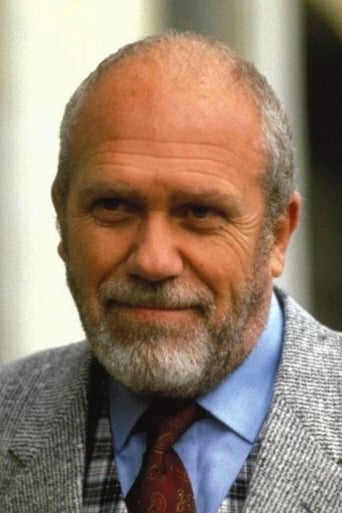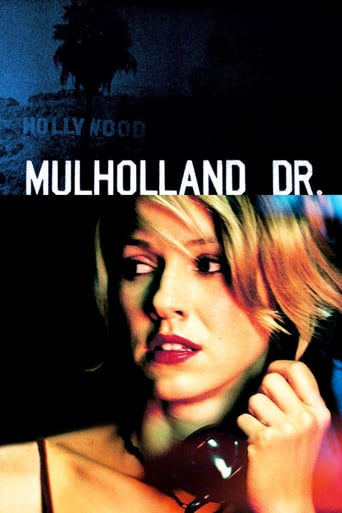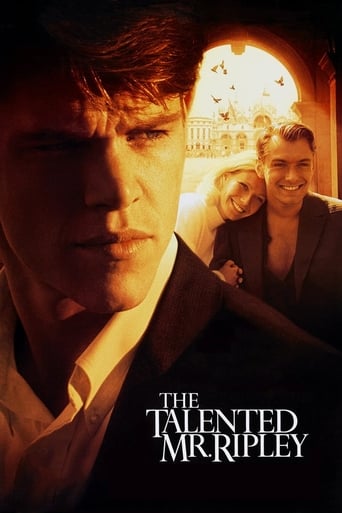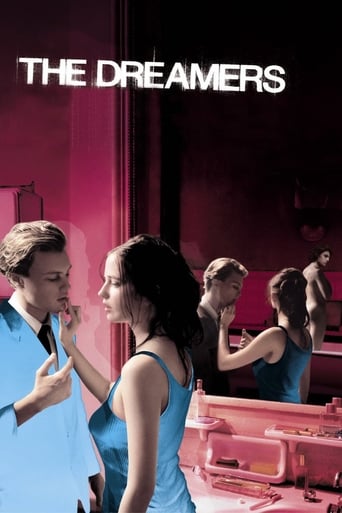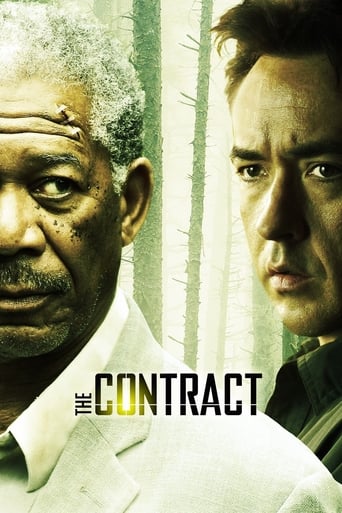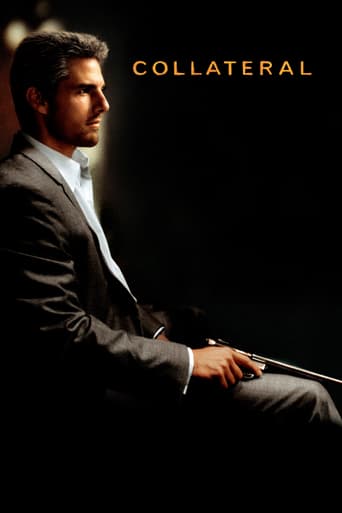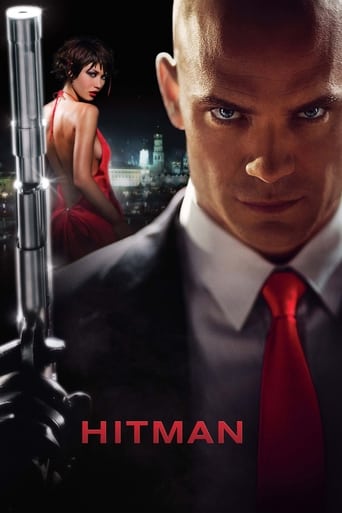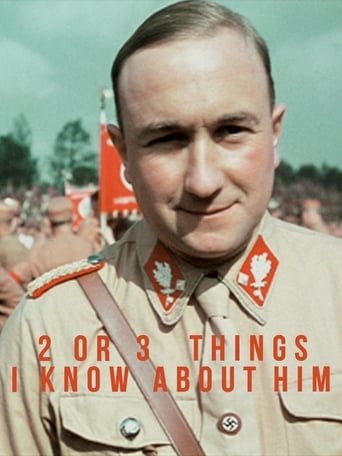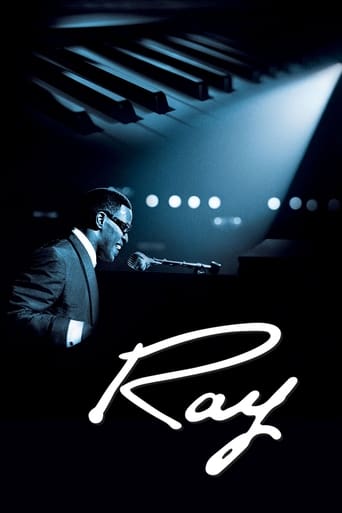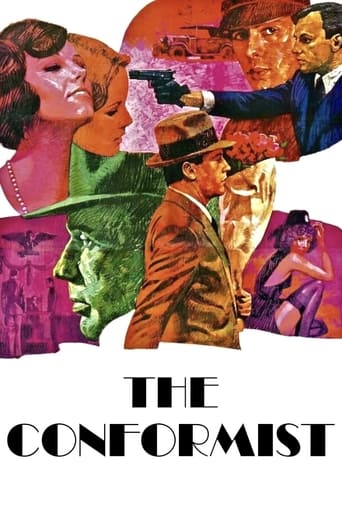
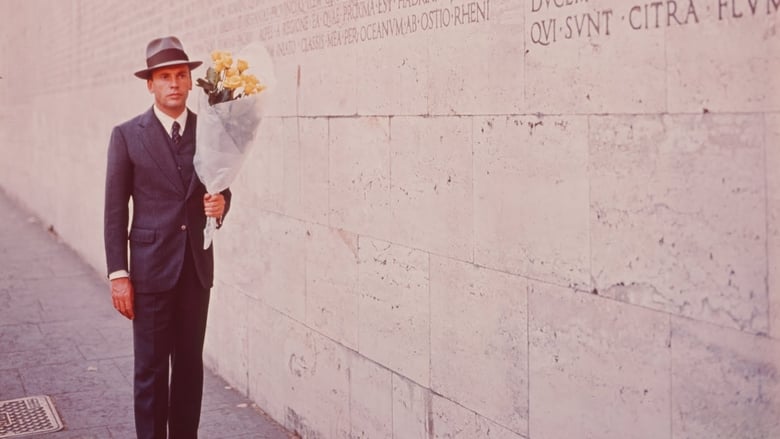
The Conformist (2012)
A weak-willed Italian man becomes a fascist flunky who goes abroad to arrange the assassination of his old teacher, now a political dissident.
Watch Trailer
Cast


Similar titles
Reviews
Some critics say this is an important, thought-provoking film. I guess they are right, because it provoked me to think about a question that has bothered me for some time: Why do I keep watching these dumb foreign films just because critics tell me they are important and thought provoking? As is typical for a dumb foreign film, there is a lot of decadent sex. For example, the protagonist figures his half-brother is giving their mother morphine and having sex with her, so he has a fellow fascist slap him around. And by George, that is the last we hear about that! I guess this is what foreign directors call "character development." If so, there is plenty more character development in this movie. Anyway, as the title indicates, the protagonist just wants to conform and be like everyone else. So I guess he figures a good way to conform is by being an assassin. And to have more character-developing sex.
Director Bernardo Bertolucci was on to something when he directed and wrote Il Conformista/The Conformist in 1970. It's a political thriller of sorts, dealing with the fascist politics of Italy around 1938. More than that, however, it's a psychological examination of one man's mind, Marcello's. The film traces the important events of his life, how sexuality and violence traumatized him, and how it all led to him being desperate to conform to whatever seems popular at any given time. The desire to be normal is something we're all familiar with, but Il Conformista pushes this phenomenon to its most psychologically extreme form.The story begins in 1938 in Paris when Marcello (Jean-Louis Trintignant), sitting on his hotel bed, is called by his employer, a member of the Fascist secret police, telling him the plan's about to go enter the final stage: the murder of a college professor who's fled Italy when the fascists took over. To make matters more interesting, the professor is an old acquaintance of Marcello's. He gets in the car with a colleague and together they chase down the professor. The film then flashes back to other crucial parts of Marcello's life to show how he became the man he is today. Every once in a while, the film goes back to the present, with Marcello sitting in the backseat while his colleague chases after the professor. Though to say too much would be spoilerish, flashbacks include an early one when where Marcello is bullied as a child and saved by chauffeur Lino. He takes him to a mansion where he shows him a gun and then tries to seduce him. Marcello seems to give in to his advances, but then takes the gun and kills Lino in a hail of bullets. Other flashbacks show his attempts to join the fascist secret police and his attempts to be normal. The only reason he wants to marry Giulia is because he thinks she's as plain as can be, a typical normal wife that all of society can accept. The entire film thus leads up to the point where Marcello and his colleague give chase to the professor.I've always considered Il Conformista to be more of an incredibly subtle horror film than a drama or a thriller. Obviously, the film isn't a typical horror film, but it is horrifying in terms of its psychological portrayal of Marcello. This is particularly apparent in the film's climax in regard to the professor which even now is hard to stomach. The number of ways in which that scene is horrifying is something no typical horror film comes close to achieving, because it's not about physical violence so much as it is about the emotional violence inflicted on a fellow human being. It's hard to explain. You have to see it to believe it. There's something quite threatening ingrained in every single scene which is ironic, because the film looks absolutely stunning. Here's where Bertolucci and legendary cinematographer Vittorio Storaro's achievements come into sharp focus. First of all, they emphasize the Fascist art style during the scenes where Marcello's in the vicinity of Fascist government buildings. The architecture is easily recognizable with its emphasis on the color white and sharp angles. It's very suggestive of old German propaganda films. On the other hand, the film's color scheme is very lush which contrasts with the physical and emotional violence taking place.The way the story is set up is absolutely wonderful and there are little things that tie several events together quite nicely. Consider for instance the notion of the driver, or the chauffeur. Every time we see Marcello inside a vehicle, he's never driving himself, he's always being driven by someone else. In the same sense, he's also driven by others to do their dirty work for them. During the entire chase scene, Marcello occupies the backseat; when he's a little boy, he's chauffeured by Lino to a mansion; he and his fiancée Giulia occupy a train cabin, etc. It's a neat and subtle way of symbolizing how Marcello is not in control of his own life and tends to follow those that lead. Half the story is basically told through the cinematography. Also important is the way in which Bertolucci links the themes of sex with fascism and violence and the desire to be 'normal' and how this is all intertwined in Marcello's mind. Marcello doesn't care about joining the fascists beyond that it will help him appear normal in the eyes of others. The themes of sex, violence and fascism are those that director Bob Fosse would utilize in Cabaret two years later. While both are successful in doing this in their own ways, there's a risk in that by equating the politics of their times with sex, you simultaneously ignore the other historical factors at play. Obviously, Bertolucci and Fosse are aware of this and that one film can't encompass the entire rise of Fascism, but it's important to note nonetheless. And it's peculiar indeed that these two films which so closely followed one another look at the subject of fascism through similar lenses. Either way, Il Conformista is classic cinema in the finest sense. The editing keeps the audience on its feet with the constant crosscutting between past and present, constantly promising death is on its way, the cinematography is lush and suggestive, Delerue's score is melancholy and tense, Trintignant is incredibly understated and Bertolucci's direction is wonderful. A political and psychological thriller for the ages.
Flawless masterpiece. A very engaging, weird and entertaining film. The atmosphere, the cinematography(the use of lights and shadows is jaw dropping), everything is freaking great. The cinematography is really fascinating, we can see the baroque inspiration in some shots. Those who love cinema will love this film. Anyway, is a quite unique film,there are few twists(I thought he would risk his life to help the women in the ambush, since he apparently liked her). I've never seen a film where we actually follow(and even root for) a protagonist that is a fascist. And is very interesting from a psychological viewpoint.Anyway, masterpiece.
Bertolucci is another wunderkind in the industry, at the age of 30, his fourth feature film, THE CONFORMIST has been proved to be a timeless classic, which I feel privileged to watch it now for the very first time.Tilting camera angle, impeccable shots paralleling the moving train and zooming in from the external side of the window, sensual hues, cubistic buildings, punctilious light and shade deployment (Professor Quadri, the hunchbacked man being introduced by his silhouette), fluid ballroom dancing sequences, the bleak and cold-hearted manslaughter in a wintry woodland, all emerge as consecutive surprises and gustos along its non-linear narrative. Marcello (Trintignant), a newly-recruited fascist member in Rome, is assigned for an assassination of his old professor Quadri (Tarascio), who dwells in Paris now with her young wife Anna (Sanda), the film hops back and forth episodically in recounting the newly-wed Marcello's matrimony life with Giulia (Sandrelli), a petit bourgeois trophy wife; their honeymoon to Paris with a clandestine aim to carry out the task until Marcello compellingly falls for Anna; meanwhile Bertolucci allocates episodes to sort out Marcello's personal lives, his attachment with his amicable blind friend Italo (Quaglio), his drug-addicted mother (Milly) and lunatic father (Addobbati); but underneath his placid and gentile veneer, lies an unfading quandary, stems from his encounter with a pedophile (Clémenti) in his childhood and his latent homosexuality which pulses him to a perpetual and professed seeking of normalcy. Trintignant is exceedingly under-appreciated in his sophisticated and self-constrained portrayal of a man put in contradiction with almost anything around him, perfectly tallies with the political message of the film, a stooge, put-upon in order to rectify his own weakness, indiscriminately clutches any straw to obey conformability, while in the end, a sense of loss and disparagement is his own bitter fruit. Sanda and Sandrelli are stunning in their own distinctive beauties, the former is resolute, swinging both ways and emanating the like-a-moth-to-a-flame fatalism; the latter imbues a more traditional feminine allure with little clue about what's in her husband's mind. Also it is noteworthy to give credit to Georges Delerue, who produced a spellbound score underlining the varying tenors of Marcello's state of mind. THE CONFORMIST is a pièce de résistancer with its idiosyncratic aesthetic charisma to crown Bertolucci as the most important auteur in Italian cinema after his illustrious progenitors!




